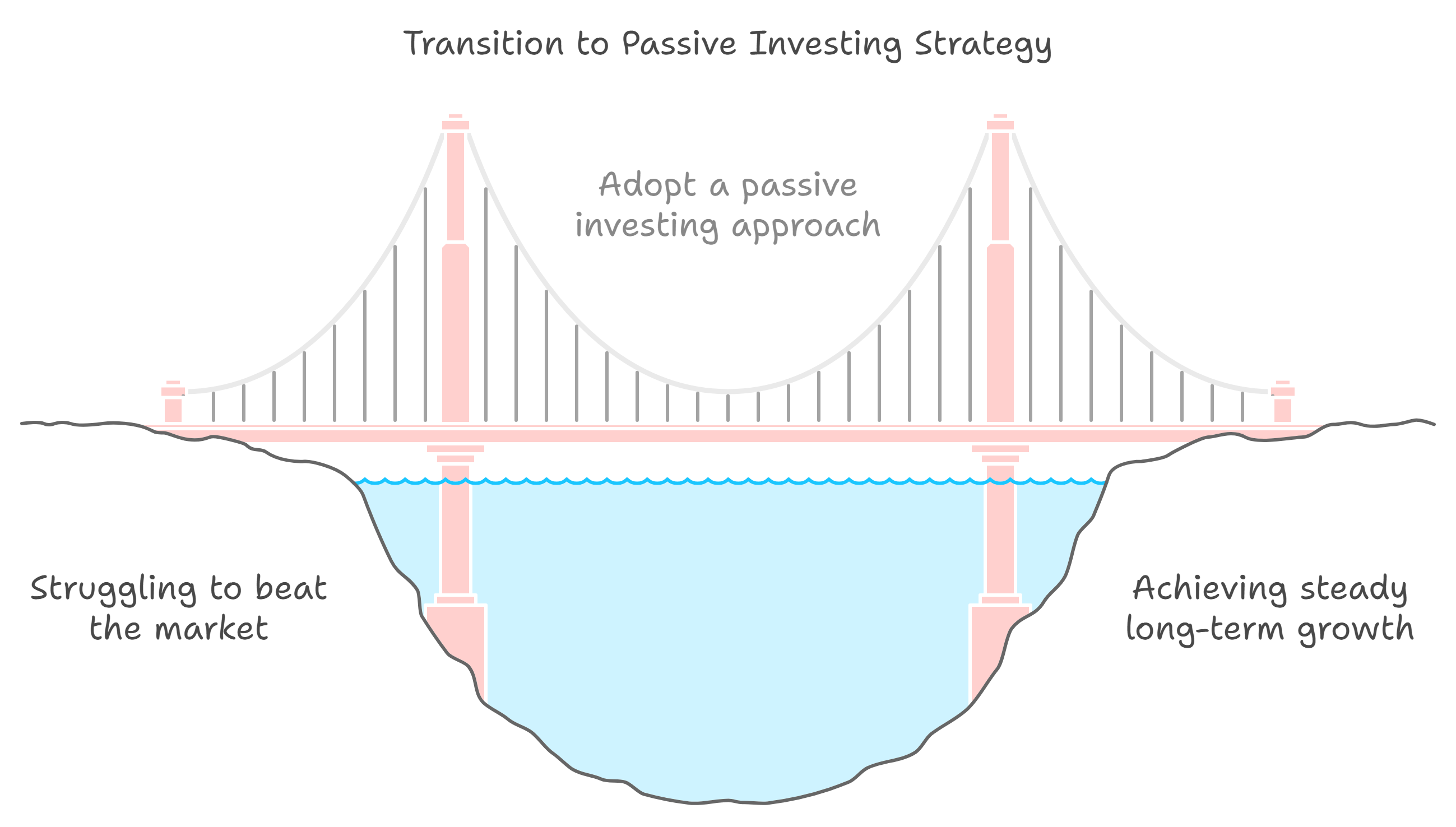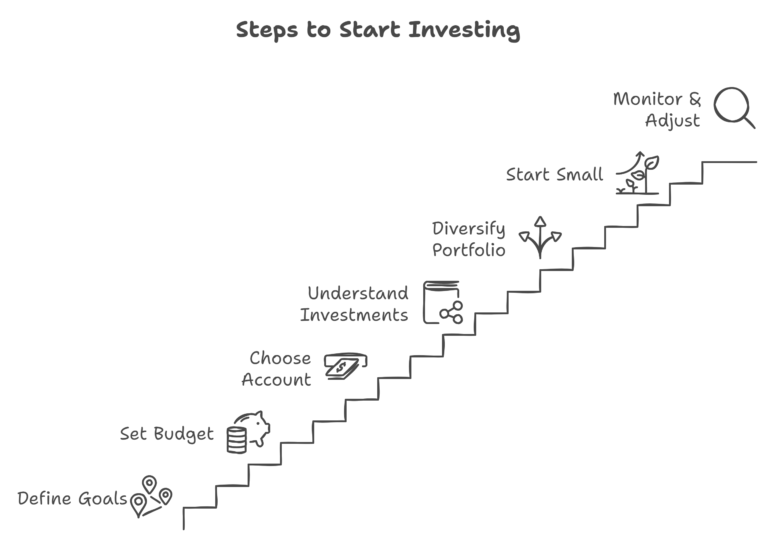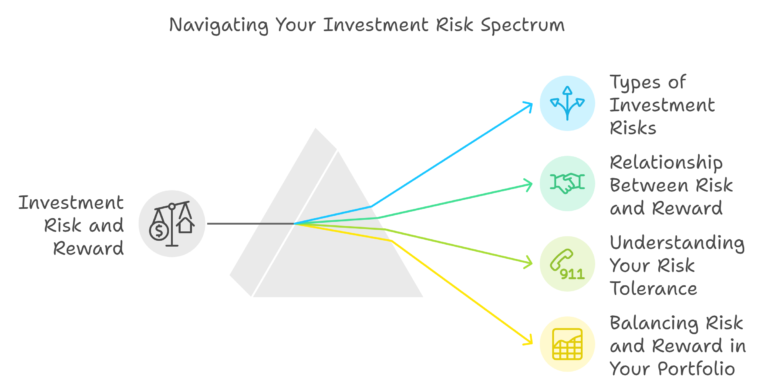Table of Contents
Introduction
Have you ever wondered if it’s possible to consistently beat the market by picking the right stocks or timing your trades? According to the Efficient Market Hypothesis (EMH), that might be harder than you think. EMH suggests that financial markets are highly efficient and that prices reflect all available information. In this blog, we’ll explore what EMH means for your long-term investing strategy and how it can impact your decisions.
What is the Efficient Market Hypothesis (EMH)?
The Efficient Market Hypothesis was developed by Eugene Fama and suggests that stock prices fully reflect all available information. This means that no investor can consistently achieve higher returns than the average market performance, as all relevant information is already incorporated into the price of stocks.
Forms of EMH:
- Weak Form: Stock prices reflect all past market data (e.g., price and volume). Technical analysis (using past prices to predict future movements) is unlikely to provide an edge.
- Semi-Strong Form: Stock prices reflect all publicly available information, including financial statements, news, and economic data. Fundamental analysis is unlikely to consistently outperform the market.
- Strong Form: Stock prices reflect all information, both public and private. Even insider information is reflected in stock prices, making it impossible for anyone to consistently outperform the market.
Implications for Long-Term Investors
If markets are truly efficient, what does that mean for long-term investors?
- Passive Investing: If it’s nearly impossible to consistently beat the market, a passive investing approach—such as investing in an index fund—may be the best strategy. Index funds track the overall market and provide returns similar to the market average, making them a cost-effective and low-risk way to invest.
- Focus on Costs: Since EMH implies that you can’t outsmart the market, it’s important to focus on things you can control—like minimizing fees and expenses. High management fees can erode your returns over time, so opt for low-cost funds where possible.
- Set Realistic Expectations: EMH suggests that investors should set realistic expectations. Instead of aiming to beat the market, focus on achieving your personal financial goals through steady, long-term growth.
Example of Efficient vs. Inefficient Markets:
- An efficient market would be the U.S. stock market, where there is a high level of transparency, liquidity, and investor awareness.
- An inefficient market might be a niche market in a developing country, where information is harder to access and prices may not fully reflect available data.
Criticisms of EMH
It’s important to note that not everyone agrees with EMH. Critics argue that there are times when the market behaves irrationally, leading to bubbles and crashes. Behavioral finance provides evidence that emotions and biases can impact stock prices, leading to inefficiencies that can be exploited.
The Efficient Market Hypothesis provides an important perspective for long-term investors. While it suggests that it’s difficult to consistently outperform the market, it also highlights the importance of focusing on a passive investing approach, keeping costs low, and setting realistic expectations. By understanding EMH, you can make more informed decisions about how to build your investment portfolio for long-term success.





